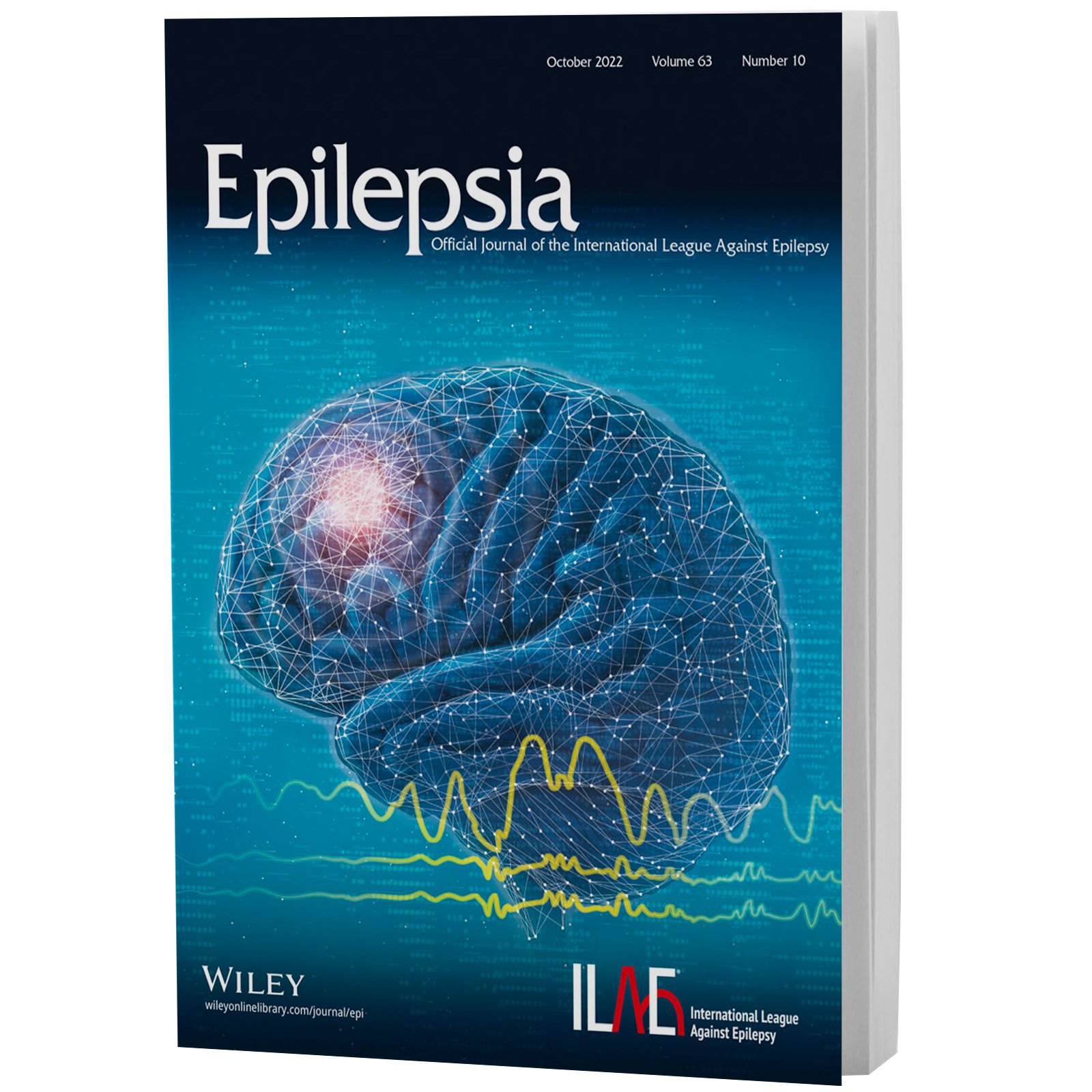How patients' psycho-social profiles contribute to decision-making in epilepsy surgery: A prospective study
Hohmann L, Bien CG, Holtkamp M, Grewe P.
Epilepsia. 2023 Mar;64(3):678-691.
https://doi.org/10.1111/epi.17499
The patients’ #psycho-social status (eg. employment, education, psychiatric comorbidity, #quality of life, psychological distress) might significantly influence the decision to undergo epilepsy surgery.
This #prospective study by Hohmann et al. (Jan. 2023) examined how an adult patient’s psycho-social profile influence epilepsy surgery decision-making both in regards to the neurologists’ final recommendation and the patient’s willingness to undergo surgery.
The study followed 296 adult patients from 2 large epilepsy centers in Germany for 3 years.
The results showed that the neurologists’ recommendations were mainly based on clinical factors (#seizure type, surgery history, use of anti-seizure medications, site of epilepsy center). Employment status was the only relevant factor in patients’ psycho-social profile that might influence the neurologists’ recommendations (OR=0.38, 95% CI=[0.13; 1.11]). However, three out of five relevant factors for the patients’ acceptance of epilepsy surgery were included in the patients' psycho-social profiles. Those factors were subjective anti-seizure medications side effects (OR=1.04, 95% CI=[0.99; 1.00]), subjective seizure severity (OR=1.12, 95% CI=[1.01; 1.24]), and subjective cognitive impairment (OR=0.98, 95% CI=[0.96; 1.00]).
In short, this finding highlights the importance of a patient’s psycho-social status in relation to their acceptance of epilepsy surgery recommendations. Considering the importance of the patients’ employment status for decision-making by both neurologists and patients, future studies regarding the patients’ socioeconomic status, including household income, family status, and social support, should be considered.
Link to the article: https://onlinelibrary.wiley.com/doi/abs/10.1111/epi.17499

